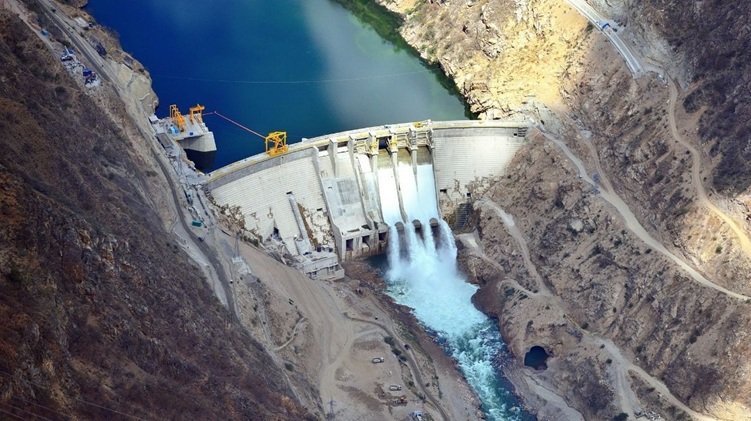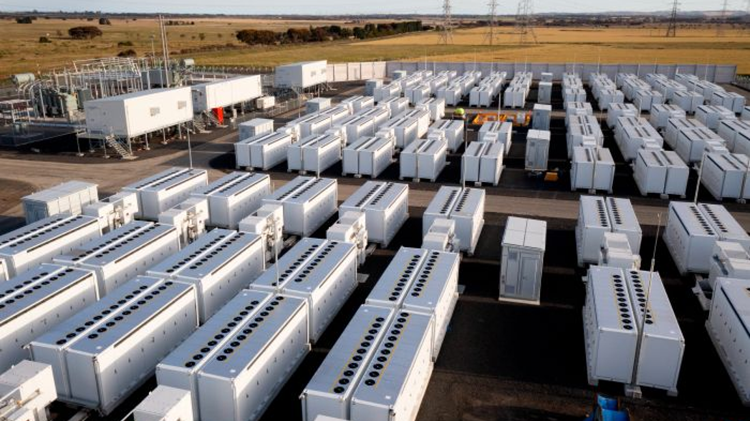France is making progress in consolidating its offshore wind energy strategy following the European Commission’s approval of the AO9 aid scheme. The scheme will allow for the deployment of three floating wind farms with a combined capacity of up to 1,650 MW, distributed across one project off southern Brittany and two in the Mediterranean. Public investment will reach a maximum of €11.34 billion, allocated to two-way contracts for difference with a 20-year term.
Each facility will have a capacity of between 400 and 550 MW and will begin operating in 2032. Together, these farms will generate between 5.6 and 6.8 TWh annually, equivalent to 1.5% of national electricity production in 2024. The scheme establishes an annual budget of €567 million, which will be fully covered by the State through Program 345 “public energy service.”
The mechanism is structured around a competitive model. Developers must submit their bids within four months of the publication of the final specifications, expected in the coming days. The three winners will be awarded in the first half of 2026, under a diversification clause that will ensure that each project is awarded to a different consortium.
The scheme also introduces strengthened eligibility criteria. Participants must meet industrial resilience requirements, including a limit of 75% of critical components from China and a maximum of 85% of permanent magnets from China. A cybersecurity plan for the facilities will also be required, and turbines must be certified under the IEC 61400 standard at the time of bidding. These requirements are aligned with the European Net Zero Industry Regulation (NZIA).
Regarding the evaluation, the bid price will have a weighting of 70%, while contractual and financial robustness will increase its weighting to 12 points. Added to this are sustainability criteria such as carbon footprint, the use of SMEs in the value chain, and the recycling of strategic materials. With these rules, the French government seeks to accelerate the deployment of floating wind power, a technology that allows turbines to be installed in deep waters far from the coast and with greater wind potential.
The Brussels report emphasizes that the measure will contribute to strengthening France’s energy security and boosting a strategic industrial sector for Europe. In addition to generating clean electricity, the projects are expected to boost the development of a competitive supply chain and reduce technological dependence in the context of the global energy transition.



























